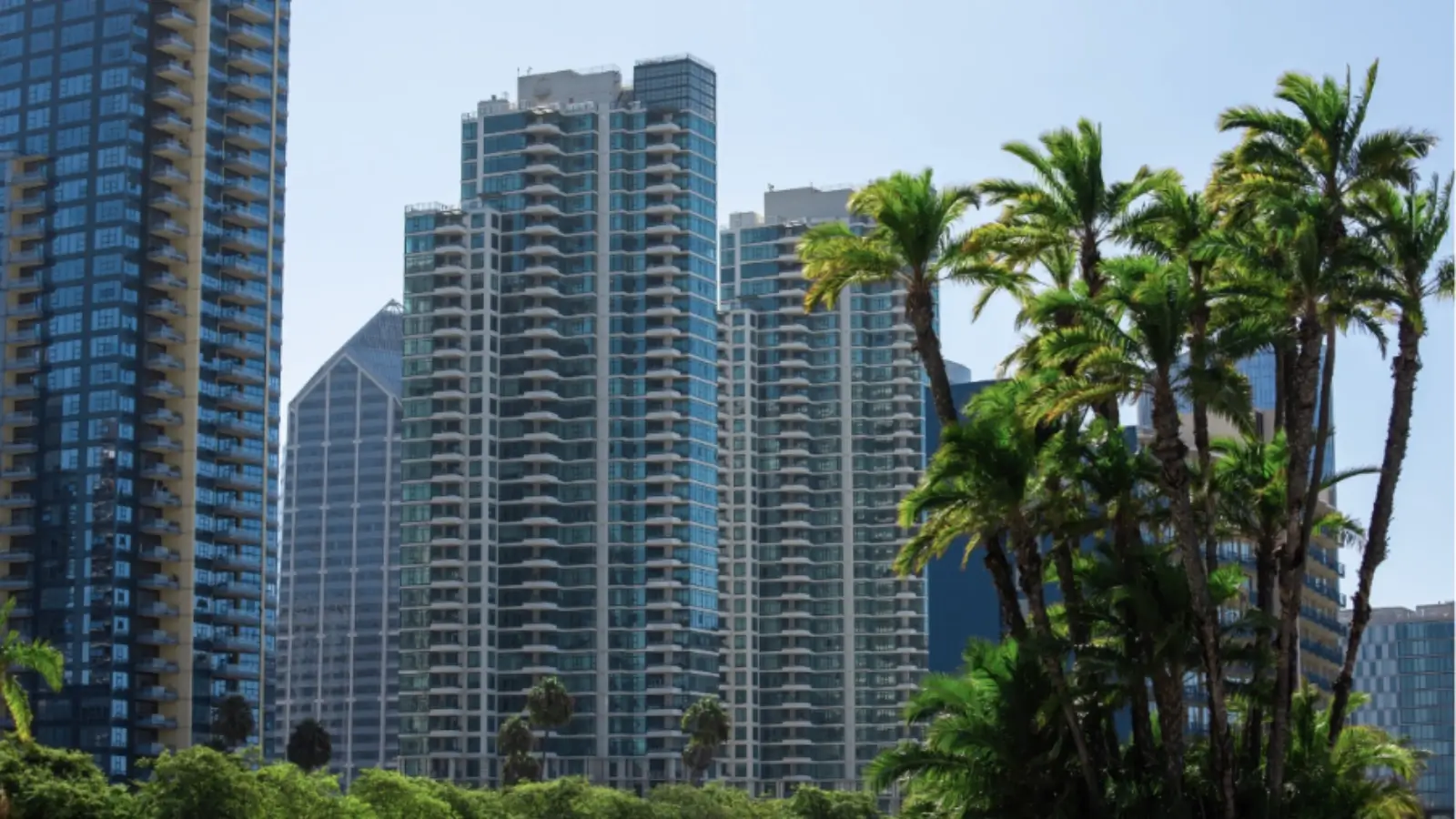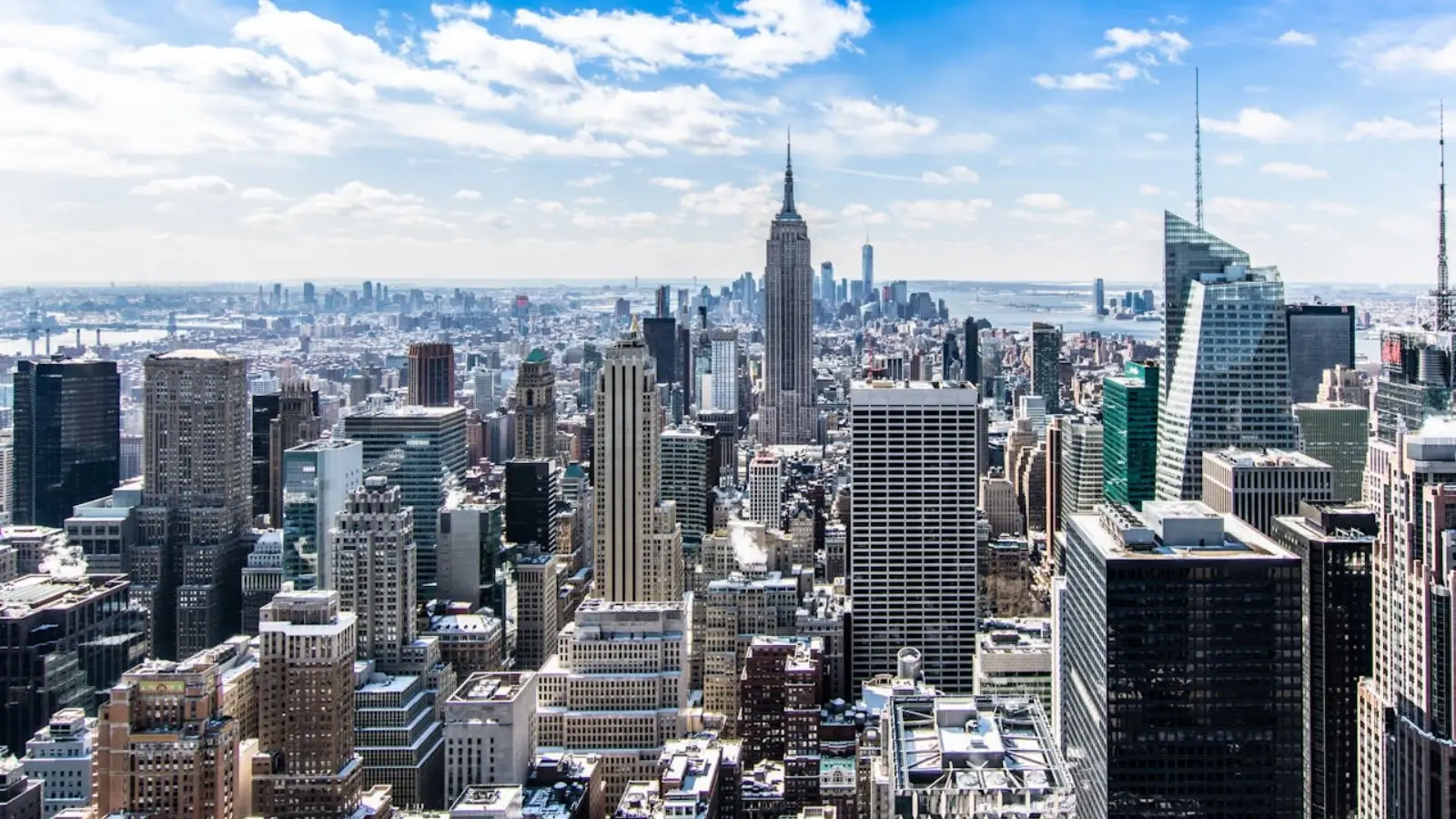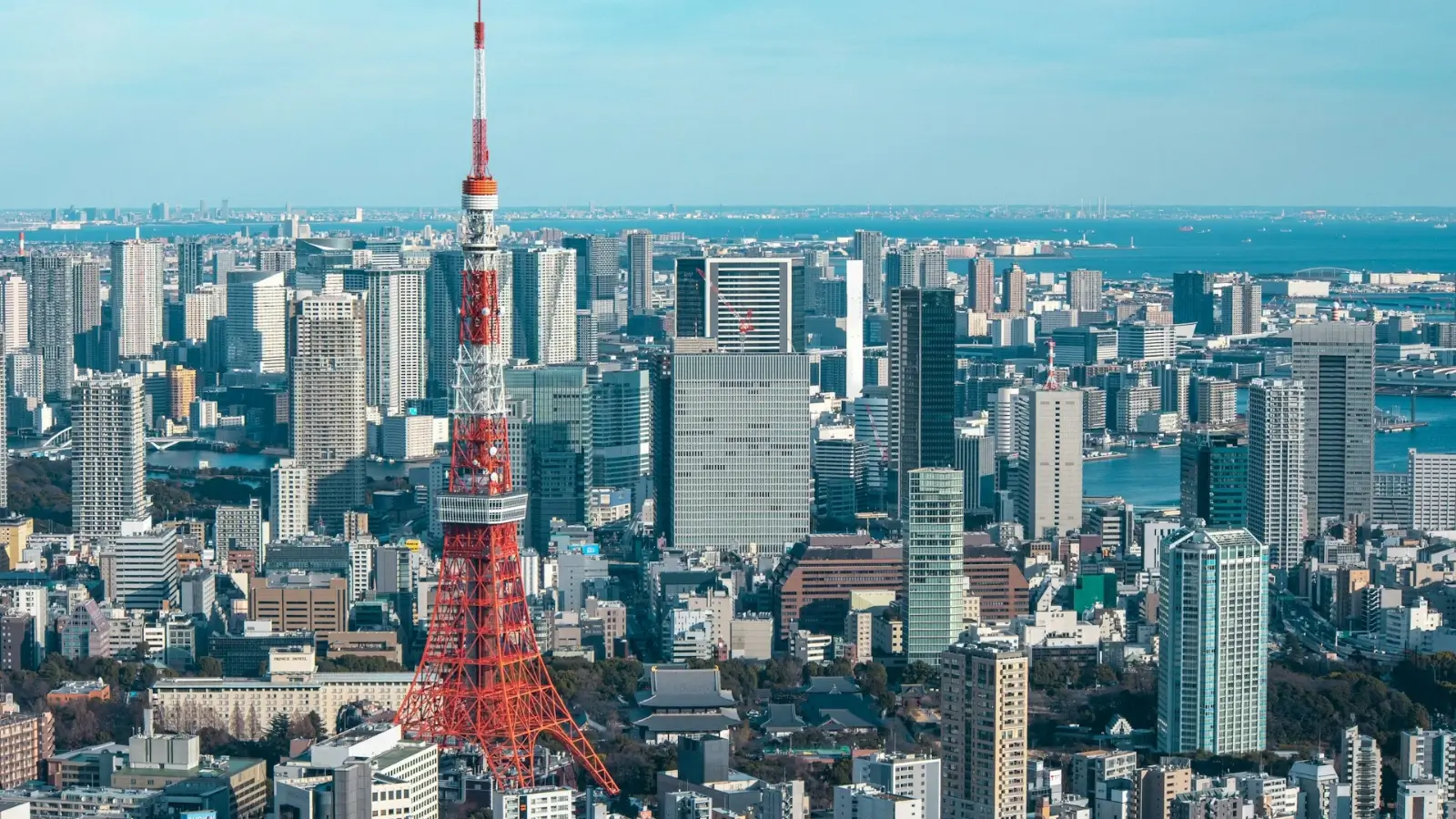When people think of luxury real estate, villas on sun-drenched coastlines or grand penthouses in bustling cities usually come to mind. However, for discerning investors, the allure of kukio homes for sale presents a unique opportunity within the luxury market. However, the luxury property market has grown far beyond the traditional villa. From private islands to branded residences and trophy assets, high-net-worth investors increasingly look at unique property types to diversify their portfolios, not just for show. These luxury assets are becoming strategic vehicles for long-term growth, wealth preservation, and even passive income. So, what’s beyond the villa, and why should savvy investors take a closer look?
1. Branded Residences: Where Luxury Meets Loyalty
One of the fastest-growing segments in luxury real estate is branded residences—think Four Seasons, Ritz-Carlton, or Aman. These are private homes associated with high-end hospitality brands, often offering hotel-level amenities like concierge services, fine dining, spas, and housekeeping. For investors, the appeal isn’t just lifestyle—it’s consistency and trust. The brand assures quality and service that hold up the property's value and attract a premium rental market. These properties often perform well in bullish and bearish markets due to their strong brand equity and global appeal.
2. Private Islands: The Ultimate Trophy Asset
Perhaps no real estate purchase screams exclusivity quite like a private island. But beyond the Instagram-worthy privacy and panoramic views, private islands are serious investment assets. They appreciate property value well due to their extreme scarcity—nobody’s making more land. Savvy investors turn these islands into eco-resorts, exclusive retreats, or even venues for private events. The key to success is accessibility (think seaplane or helicopter transport), sustainable infrastructure, and tourism potential. It’s a niche, but for those who can afford the buy-in, the financial and experiential return can be substantial.
3. Vineyards and Wineries: A Taste of Legacy
Luxury isn’t always about shiny surfaces. For many, owning a vineyard or winery is about legacy, lifestyle, and long-term value. These properties combine land value, brand potential, and often a functioning business. For example, estates in Napa Valley, Tuscany, or Bordeaux don’t just provide stunning views—they offer a foothold in billion-dollar wine markets. With the right management and branding, a winery can generate significant cash flow while offering tax benefits and a hedge against inflation. It’s an investment that literally matures with time.
4. Historical Estates and Castles: Heritage as an Asset
Buying a castle or historical estate might seem romantic, but there’s also strategy behind the grandeur. These properties can be repositioned into boutique hotels, wedding venues, or cultural attractions, especially in tourism-heavy regions. Governments and heritage organizations sometimes offer grants or tax incentives for their preservation, making the investment more feasible than expected. That said, due diligence is key. Restoration and maintenance costs can be high, so understanding zoning laws and potential income opportunities is critical.
5. Sustainable Luxury Developments: Ethics and ROI
Sustainability isn’t just a buzzword—it’s becoming a central pillar in luxury investment. Eco-luxury properties, built with sustainable materials and focused on energy efficiency and community integration, are increasingly in demand. Developments in Costa Rica, Bali, or parts of Africa offer sustainability and profitability. The growing demand draws investors from socially conscious travelers and tenants. Properties that align with ESG (Environmental, Social, and Governance) principles often appeal to the next generation of high-net-worth individuals seeking meaning alongside return on investment.
6. Fractional Ownership and Real Estate Funds: A Smart Entry Point
For those who want a taste of luxury real estate without full ownership responsibilities, fractional ownership or investment in luxury real estate funds is appealing. These vehicles allow investors to hold equity in high-value assets, like ski chalets, yachts, or resort properties, while spreading risk and minimizing capital outlay. Platforms and funds are becoming more transparent and regulated, making them increasingly attractive to investors looking for diversification without the hands-on management.
Diversifying Within Luxury Real Estate
Their ability to offer both tangible enjoyment and financial gain ties all these assets together. This is true for exclusive properties such as kukio homes for sale, which offer a unique blend of lifestyle and investment potential. Unlike stocks or bonds, luxury properties have intrinsic lifestyle value, which often means they’re held longer and appreciated more passionately. At the same time, they bring portfolio diversification benefits—many are uncorrelated to traditional markets and can act as inflation hedges or currency plays, depending on location and structure.
Conclusion: Think Beyond the Beachfront
In today’s evolving market, the most successful investors look beyond conventional assets and explore opportunities that blend utility, uniqueness, and upside. Luxury real estate is no longer a single-lane highway of villas and penthouses—it’s a global, multifaceted network of investment possibilities. Whether it’s a branded residence, a historical estate, or a sustainable eco-villa, these assets can elevate your lifestyle and your entire investment strategy. The future of luxury real estate is about vision, and the bold investors willing to venture beyond the villa.

















